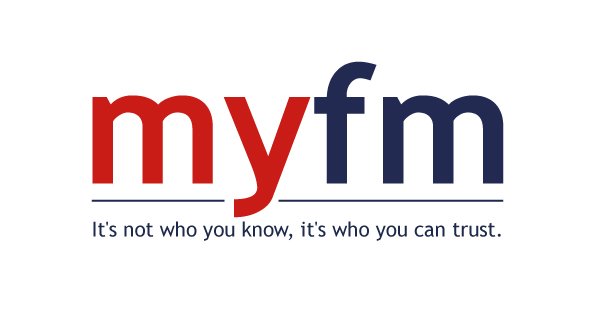Cultural Fit: Building A Strong Facilities Management Team Culture
Cultural fit has been in the game for a long time in recruiting. When an organisation assesses a candidate's culture fit, they are trying to evaluate whether their values, beliefs, ethics, and personality aligns with those of the existing staff.
With the rising operations costs, it is crucial to seek a proper culture fit from the beginning and to bring in the right people that fit your vision. During the interview process, asking candidates questions about whether they display and share similar values and beliefs can help the interviewer land the right candidate.
In our recent online event, our guest speaker, Andrew Smart (Head of FM Consultancy for Mace), highlights the importance of Culture Fit. Building the right team culture in the facilities arena means encouraging fresh perspectives to thrive, diversify and improve.
"There's going to be different cultures in different organisations- public sector, especially local authorities, will have different cultures, mainly depending on what political cue they might be, and the private sector will have their own. And from the private sector perspective, showcasing to clients that we're on the right cultural fit in the first instance will require managing both angles – from how the client perceives our culture to be and how we care to showcase our company culture.
It can sometimes go wrong. So, you can put safeguards and guardrails in place to try and avoid mishaps. And that comes back to background, experience, understanding and beliefs. So I think the way you need to look at it is - an individual facing this organisation, how far do they understand that organisation, and can they empathise with it? Has this individual faced off with a similar organisation before? If you can answer all those questions in the positive, then it's likely that you will be able to create a contrast with that organisation, but if you can't, it's unlikely not to be possible.
For example, someone previously enjoyed an environment where the Director was present and involved in the day-to-day business. In that case, they might not be as engaged in an organisation where the culture is more siloed, and one can't interact with leadership roles. During the interview, we must assess whether they can blend into the environment. If their personality doesn't align with your internal teams, things will not progress smoothly”.
Andrew then goes onto say, "even though you've dealt with a few guard rails, you might come across facing off against individuals, and that's where it can go wrong. And I've had this more often than I would like to have to pull people out of assignments and replace them with others because there is simply a clash of cultures and personalities.
I'll give you a real example. I put somebody who's quite nicely aggressive and wants to get things moving. Once you get things done, what's challenging is pushing against the client who isn't keen on an individual who is fast-paced and where the organisation wants to take it more slowly and be more measured and would like to go through the steps. This organisation would like to take their time to evaluate and appreciate. And vice versa can happen. If somebody who's overly analytical, with the client extremely aggressive, and with what's the answer tomorrow, that won't work either. So you've got all these eyebrows around the sort of person versus organisation, and then you've got to test the premise of person-to-person relationship.
And I believe behaviours are as important as the technical skills you bring to any particular job. And that's probably more than 50% of completion in this process of cultural fit. To me, the most valuable asset is my gut. We should look at people beyond the paper and ensure that we understand the individual ourselves before we put them in front of others. If you don't know that person very well, you need to take the time to make sure you do so because otherwise, you fall with people.
So if you have scheduled a technical meeting with your client, you'll look forward to putting a detail-oriented person who might read this report three times. Your instinct needs to go with a measured response. It is a trusted business. We're dealing with individuals we work with and then implanting them into an organisation, so we'll have to be very agile, resilient, empathetic and responsible."
"Culture isn't just one aspect of the game; it is the game. In the end, an organisation is nothing more than the collective capacity of its people to create value". - Lou Gerstner
Lead by example and Communicate your Vision:
Sticking to your culture while dealing with daily work processes and orders, requests, and alignments is hard. It is easy to start cutting corners and falling back into old habits under pressure. To combat this, you must communicate effectively and timely with your teams. Start by discussing and training your managers on the new vision and work with them to deliver that message to everyone else. It would be best if you walked the talk. An excellent example for your teams to replicate is vital to a thriving culture shift.
Our experts are here to help with competency and your capacity-related demands.
Scroll through the myfm team below and click to find out more on their experience, skill set and how they can help your business and needs.





